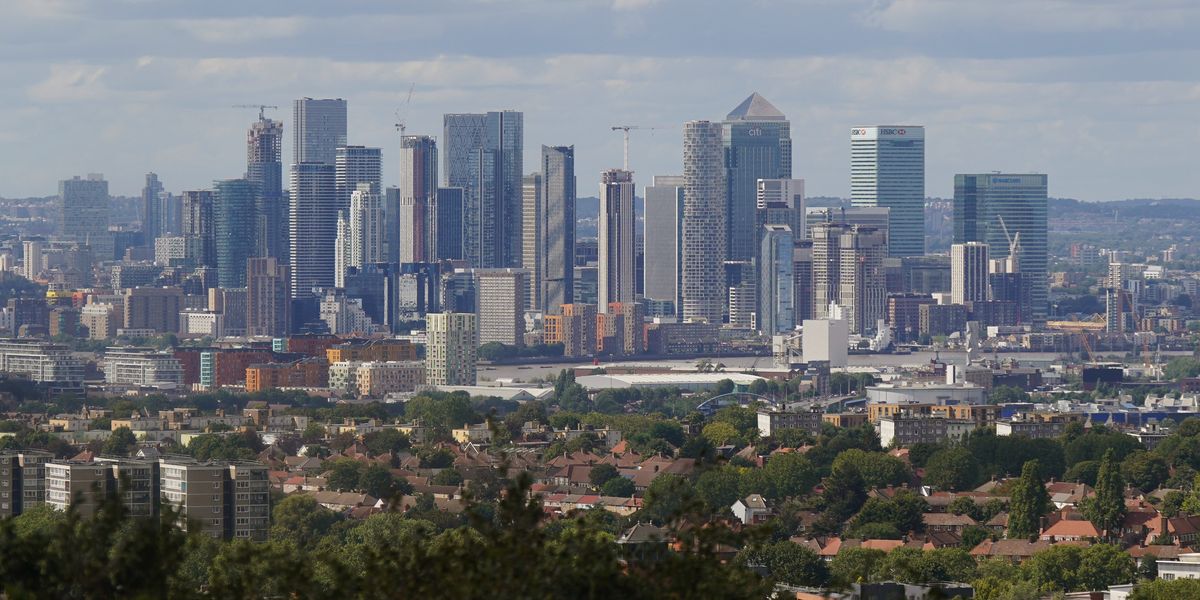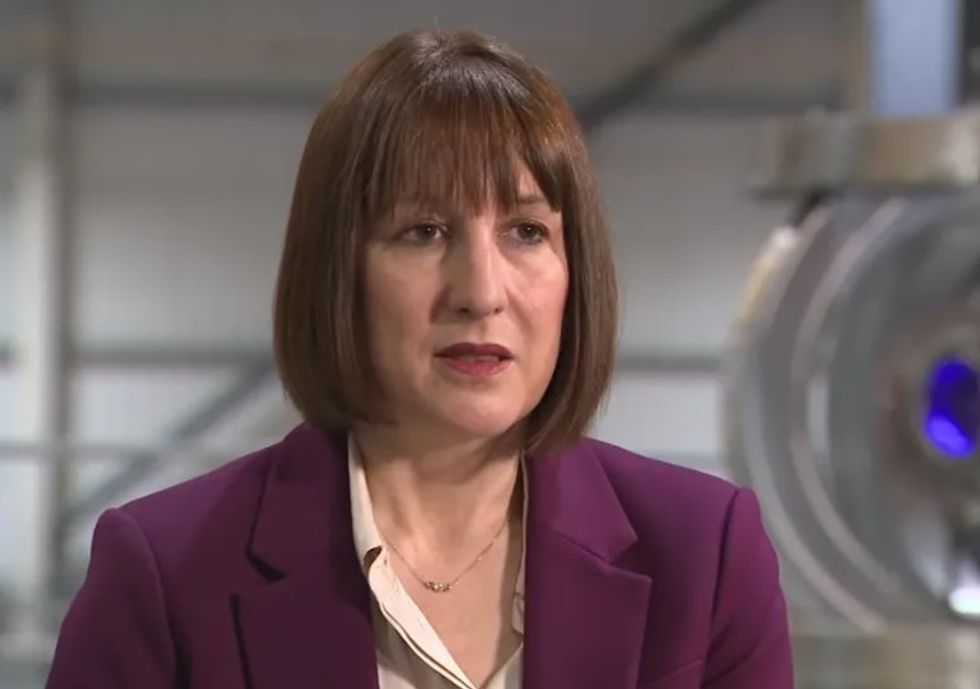The UK economy will expand at a significantly slower pace than anticipated, according to new forecasts.
These reduced expectations come despite the economy’s robust performance in early 2025, which saw growth of 0.7 per cent in the first quarter.
The Confederation of British Industry is slashing its growth forecasts for both this year and next. The influential trade body now expects GDP to rise by just 1.2 per cent in 2025, a sharp reduction from its previous prediction of 1.6 per cent.
The outlook for 2026 appears even more subdued, with the CBI downgrading its growth forecast from 1.5 per cent to merely one per cent for the year.
However, the CBI warned that underlying economic activity “remains sluggish” amid persistently weak demand and downbeat business confidence.
UK growth downgraded AGAIN as firms struggle with rising costs and Trump tariffs
pa
The downgrades reflect a combination of domestic and international pressures weighing on Britain’s economic prospects.
American tariffs imposed by President Trump’s administration have created significant obstacles for UK exports whilst deterring investment from multinational corporations operating in Britain.
Domestically, the autumn budget has imposed substantial cost increases on businesses through higher national insurance contributions and an elevated national minimum wage.
These employment cost pressures have prompted firms to scale back capital expenditure plans and curtail hiring activities.
The CBI noted that many companies have responded to these mounting expenses by raising prices, potentially fuelling inflationary pressures across the economy.
Despite a recent US-UK agreement aimed at reducing trade barriers between the two nations, finalised during this week’s G7 summit in Canada, the impact of existing tariffs continues to hamper economic momentum.
The broader impact on business operations has been substantial, with firms across the economy grappling with the cumulative burden of increased costs.
Companies have been forced to reassess their growth strategies, with many reducing capital expenditure programmes that would typically drive productivity improvements and expansion.
Recruitment plans have also been scaled back as businesses struggle to absorb the higher employment costs
GETTY
Recruitment plans have also been scaled back as businesses struggle to absorb the higher employment costs stemming from increased national insurance contributions and minimum wage rises.
The CBI highlighted that these pressures have created a challenging environment for firms attempting to maintain competitiveness whilst managing their cost bases.
The combination of subdued investment intentions and cautious hiring practices threatens to create a self-reinforcing cycle of weak economic activity, potentially undermining the government’s ambitions to accelerate UK growth.
Louise Hellem, chief economist at the CBI, emphasised the severity of the challenges confronting British businesses and the broader economy.
The CBI highlighted that these pressures have created a challenging environment for firms
PA
“Our latest economic forecast underlines the challenges facing businesses and the wider economy as they’re buffeted by domestic and global headwinds,” she said.
Hellem stressed the urgency of government intervention, stating: “The unpredictable global outlook combined with rising employment costs, gloomy business sentiment, and subdued investment intentions means it’s more important than ever that government pulls all the levers it can to set the UK on a path to sustainable growth.”
She identified the forthcoming Industrial Strategy as a crucial opportunity, noting: “With GDP set to remain modest in 2026, there is an important opportunity for the government to fire up the growth agenda in the forthcoming Industrial Strategy.”



